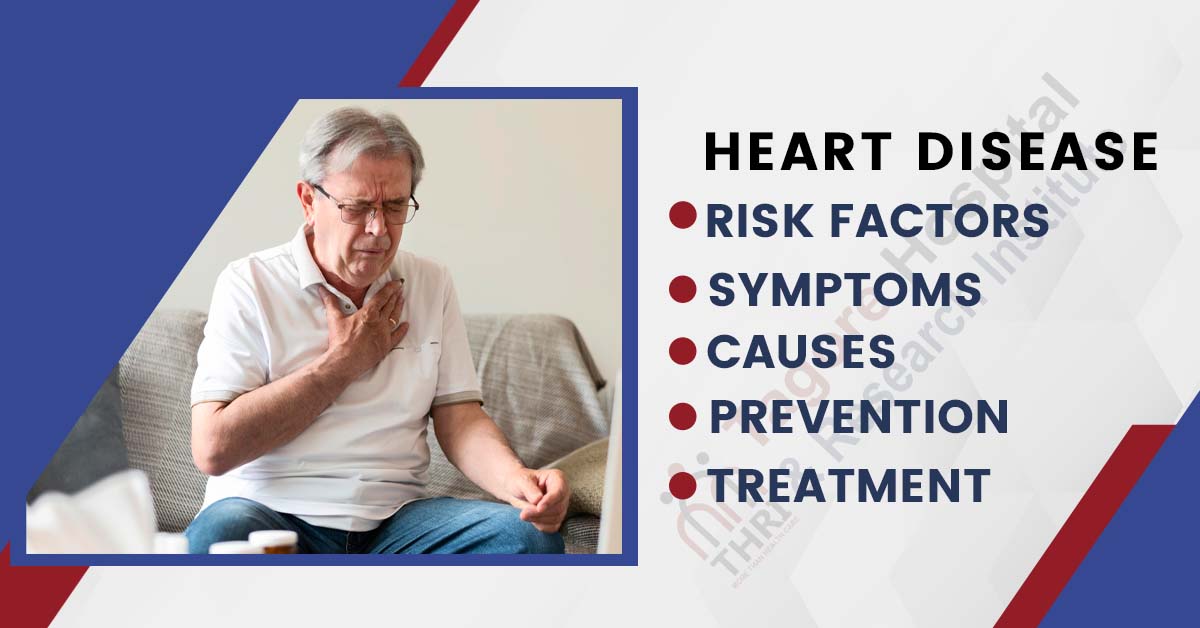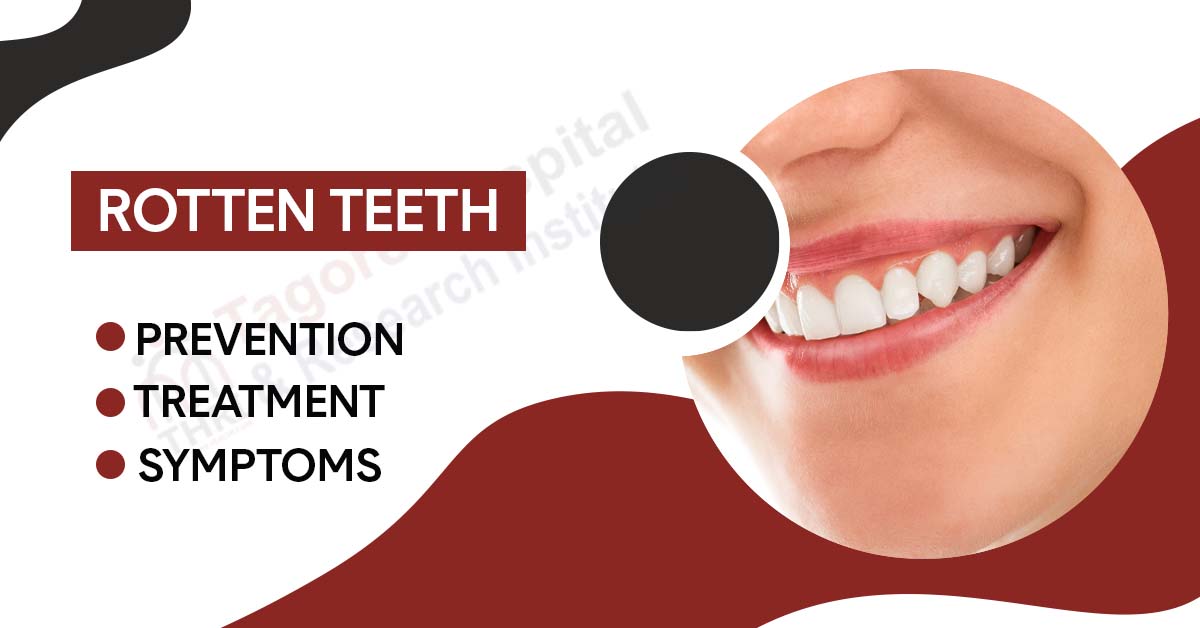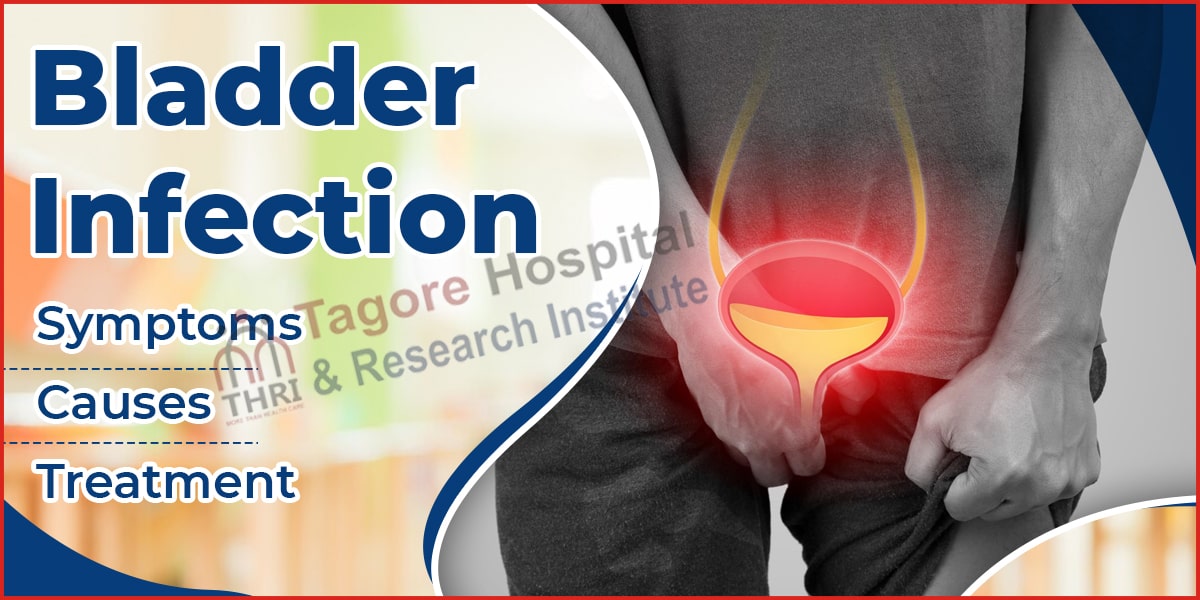- By THRI admin
- Posted February 25, 2023
Heart disease is a type of condition that impacts the heart or blood vessels. Smoking, high blood pressure, high cholesterol, an unhealthy diet, inactivity, and obesity all have the potential to increase the risk of developing certain heart diseases.
Coronary artery disease, which results in narrow or blocked coronary arteries and causes chest pain, heart attacks, or strokes, is the most prevalent type of heart disease. Other heart conditions include endocarditis (inflamed inner layer of the heart), congestive heart failure, irregular heartbeat, and congenital heart disease (heart disease at birth). Cardiovascular disease is another name for heart disease.
Every year, millions of people experience the effects of heart disease, one of the leading causes of death worldwide. This understanding heart disease guide will assist you in comprehending important details about heart diseases, including their types, symptoms, causes, prevention, diagnosis, and treatment.
Types of Heart Disease:
Heart disease is in various ways. Some types can be categorized based on how they impact the composition or operation of your heart.
- Coronary artery and vascular disease: This is brought on by the arteries becoming harder (atherosclerosis). When the arteries leading to your heart are constricted or clogged, you have coronary artery disease. This type of heart disease is the most common and causes the majority of heart attacks and angina. Vascular illness refers to issues with different blood vessels that lower blood flow and impact how your heart works.
- Heart rhythm disorders (arrhythmias): This makes the heart beat too slowly, too fast, or erratically. Blood flow is disrupted by heart rhythm abnormalities, which affect millions of Canadians. There are several different forms of arrhythmias; some can occur suddenly and fatally while others have no symptoms or warning signals.
- Structural heart disease: This describes structural flaws in the heart, such as those in the valves, walls, muscles, or blood arteries close to the heart. It may be congenitally present at birth or acquired after birth as a result of an infection, normal wear, and tear, or other circumstances. Every age and stage of life requires support for those with heart problems and their families, who frequently need continuing medical care and surgical operations.
- Heart failure: Heart damage or heart weakness can lead to heart failure, a dangerous ailment. Heart attacks and high blood pressure are the two most typical causes of heart failure. Although there is no cure, early detection, alterations in lifestyle, and medicine can help patients maintain active lives, avoid hospitals, and live longer.
- Arrhythmia: An irregular heartbeat is referred to as arrhythmia. When the electrical impulses that regulate the heartbeat malfunction, it happens. A result of this can be irregular or excessively fast heartbeats.
- Dilated cardiomyopathy: The heart chambers enlarge in dilated cardiomyopathy, which causes the heart muscle to expand and lose thickness. Past heart attacks, arrhythmias, and toxins are the most frequent causes of dilated cardiomyopathy, but genetics can also be a factor. The heart thereafter weakens and can no longer effectively pump blood. Arrhythmia, heart blood clots, and heart failure are possible outcomes.
- Myocardial infarction: Commonly known as a heart attack, myocardial infarction includes an interruption of the blood supply to the heart. This can harm or kill part of the heart muscle. Heart attacks are most often caused by plaque, blood clots, or both in coronary arteries. This can also be caused by abrupt spasms or narrowings of arteries.
Symptoms of Heart Disease:
People do not have time to care for their bodies because of unhealthy lifestyles and busy schedules. Severe attacks can be brought on by inactivity and eating too much junk food. But not everyone is aware of why people get heart diseases. Understanding the signs and causes of heart disease is crucial for this reason.
- Chest Discomfort: That is one of the most typical heart disease symptoms. You may have chest discomfort, shortness of breath, or tightness if you are suffering from a heart attack or have a blocked artery.
- Indigestion, Heartburn, Nausea, or Stomach Pain: These signs and symptoms of a heart attack are common. Doctors claim that women are more likely than males to have these symptoms. There are many potential causes of upset stomachs that are unrelated to your heart. But, you must constantly be vigilant and be able to differentiate between a minor stomach ache and a serious one.
- Pain that Spreads in the Arm: One of the most well-known signs of a heart attack is pain that spreads to the left side of the body. You must recognize that this is a significant issue and get medical attention right away if you feel that your chest pain is moving up your arm.
Causes of Heart Disease:
Every form of heart disease has a unique cause, such as coronary artery disease and atherosclerosis, which are brought on by the buildup of plaque in the arteries. The following are additional causes of heart disease:
Arrhythmia: This can develop as a result of other heart conditions or can happen on its own due to a COVID-19 infection, an overactive thyroid gland, etc.
Heart Failure: Cardiomyopathy, hypertension, thyroid dysfunction, CAD, etc. are some of the causes.
Heart Valve Disease: Congenital heart conditions, excessive blood pressure, coronary heart disease, rheumatic fever, heart attacks, etc.
Endocarditis: A condition brought on by bacteria that can enter the bloodstream during illness, following surgery, or the use of IV drugs.
Rheumatic Heart Disease develops when rheumatic fever damages the heart's muscles or valves.
Congenital heart disease: This occurs when something goes wrong during a fetus's heart's development inside the womb.
Due to the wide variety of heart disease causes, it is always advisable to have a regular cardiac checkup performed and to be aware of the risk factors for developing heart disease.
Risk Factors of Heart Disease:
Heart disease risk factors range from those that can be managed to those that cannot be, and numerous factors increase the risk of developing heart disease. Among the most typical are:
Age: Although heart diseases can affect anyone at any age, as people age, their risk of getting them rises.
Genetics: One is more likely to develop heart disease if there is a family history of heart-related issues.
Obesity: Having too much body fat is associated with high triglyceride and "bad" cholesterol levels, which can cause the emergence of conditions like diabetes, high blood pressure, and heart disease.
Sedentary lifestyle: Lack of exercise during the day can result in several health problems, including heart disease.
Alcohol and Smoking: Unhealthy lifestyle habits that can raise the risk of developing heart disease include excessive alcohol consumption and smoking.
Poor Diet: A person's heart health can also be impacted by eating too many processed foods, trans fats, or foods that are high in sugar, fat, salt, etc.
The likelihood of developing heart problems is also influenced by several medical conditions, including:
High blood pressure: This could seriously harm arteries. A person's likelihood of developing hypertensive heart disease is also greatly increased by chronic blood pressure elevation.
High Cholesterol: High levels of low-density lipoproteins, also referred to as "bad" cholesterol, cause the arteries to constrict and form plaque, which increases the risk of cardiovascular diseases like coronary artery disease (CAD) and stroke.
Diabetes: High blood sugar levels can cause heart failure and damage the artery walls and arteries.
Metabolic syndrome: High blood pressure, high cholesterol, diabetes, etc. are just a few of the illnesses.
Preeclampsia: A pregnancy-related condition that raises a woman's blood pressure. Preeclampsia can have many negative effects, one of which is a higher chance of developing heart disease.
Autoimmune Disorder: Heart attacks are more likely in people with autoimmune diseases like lupus or rheumatoid arthritis.
Rheumatic Fever: An inflammatory condition that affects the body's connective tissues. One of the main causes of rheumatic heart disease is this fever.
Birth Defects: Congenital heart disease, often known as a condition that affects the heart from birth, increases a person's risk of having additional heart conditions.
Treatment of Heart disease:
Your heart doctor will examine you and enquire about your medical background, both personally and within your family.
To identify heart disease, a variety of tests are used. Tests to identify heart disease can also include the following in addition to blood tests and a chest X-ray:
- Electrocardiogram (ECG or EKG): The electrical signals in the heart are recorded during a quick and painless test called an ECG. Whether the heart is beating too quickly or too slowly can be determined.
- Holter monitoring: To record the heart's activity throughout a day or more, a portable ECG device called a Holter monitor is worn. An ECG cannot detect abnormal heartbeats, but this examination can.
- Echocardiogram: In this minimally invasive test, sound waves are used to produce fine-grained images of the beating heart. It displays how the heart's valves and blood flow through the heart. If a valve is narrowed or leaking, an echocardiogram can help diagnose the problem.
- Exercise tests or stress tests: These examinations typically involve walking on a treadmill or riding a stationary bike while the heart rate is being tracked. Exercise tests can help determine how the heart responds to exercise and whether exercising causes heart disease symptoms. A medication may be prescribed if you are unable to exercise.
- Heart (cardiac) CT scan: Cardiovascular CT scans take place inside machines that look like doughnuts. The machine's internal X-ray tube rotates around your body while taking pictures of your chest and heart.
- Heart (cardiac) magnetic resonance imaging (MRI) scan: A cardiac MRI uses a magnetic field and radio waves produced by a computer to produce precise images of the heart.
Read also: Depression
Prevention of Heart Disease:
To enhance heart health, the following changes are advised:
Don't smoke: Smoking can increase the risk of heart disease. The best way to lower your risk of developing heart disease and its complications is to stop using tobacco. Consult your provider if you require assistance in quitting.
Eat healthy foods: Obtain your daily servings of whole grains, fruits, and vegetables. Reduce your intake of salt, sugar, and saturated fats.
Control blood pressure: Blood pressure that is uncontrolled increases the risk of serious health problems. You should check your blood pressure at least every two years if you are over 18 years of age. Having risk factors for heart disease or being over 40 might require you to undergo more frequent examinations.
Get a cholesterol test: Request a baseline cholesterol test from your doctor when you're in your 20s, and every 4 to 6 years thereafter. You may want to start testing sooner if you have a family member with high cholesterol. Having heart disease risk factors or not meeting your test results could lead to more frequent examinations.
Manage diabetes: The risk of heart disease can be decreased if you have diabetes by maintaining strict blood sugar control.
Exercise: You can achieve and keep a healthy weight by engaging in physical activity. Diabetes, high cholesterol, and high blood pressure are all risk factors for heart disease that can be managed with regular exercise. Aim for 30 to 60 minutes of physical activity on most days of the week with your doctor's approval. The type and quantity of exercise that is appropriate for you should be discussed with your healthcare physician.
Maintain a healthy weight: The likelihood of developing heart disease rises with weight. Set attainable goals for your body mass index (BMI) and weight in consultation with your healthcare provider.
Tags





